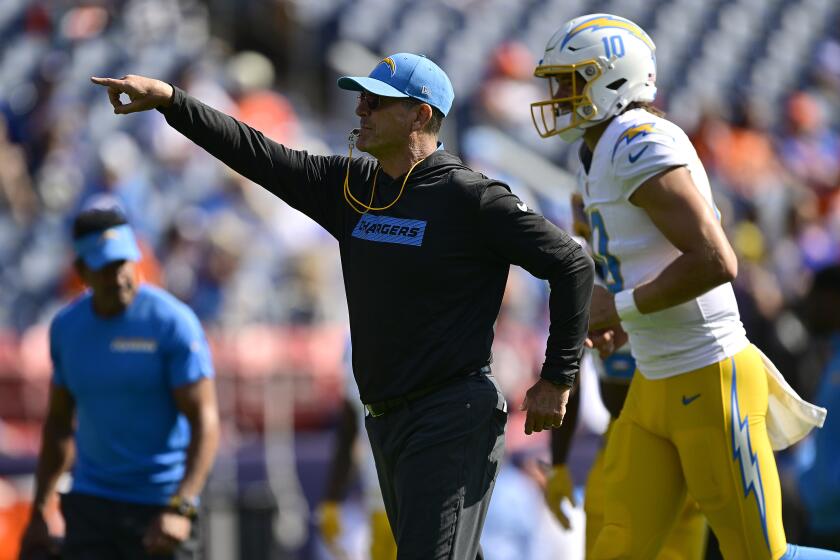Mailbag: Royal Hawaiian a lesson in balance
The transformation of the renowned Royal Hawaiian into a noisy neighborhood problem shows the need to balance business and neighborhood interests through compliance with conditional use permit rules.
This often difficult process is likely to reappear as owners submit plans for parcels under development or still vacant along North Coast Highway.
Most property along Coast Highway north to McKnight Drive and back to the alleys is within the Commercial Neighborhood C-N Zone.
It permits, subject to a conditional use permit, “Cafes, full service restaurants...with or without outdoor seating serving alcoholic beverages.” Also allowed, are “liquor sales.” Tempting to an aggressive out of town developer of a luxury nightspot?
A challenging CUP process, big parking issues and maybe upset local citizenry would surely await. But the money to be made, as shown by the Royal Hawaiian’s claimed “after hours” monthly lost profit of $25,000 alone is not inconsiderable.
Though not immediately threatening, neighbors near Coast Highway on either side should be aware of planned and potential commercial development, its scale and impact, and be prepared to applaud or protest.
Ed Merrilees
Laguna Beach
*
Make every day Earth Day
Laguna, in collaboration with Seeds Art and Education, Transition Laguna, KelpFest and others, outdid itself this year for Earth Day. What a great day and a great turn out.
So what a comedown to have AT&T telephone directories dumped on our doorsteps. I was extra lucky; I got two of them since I live on a corner lot. Now what to do with them?
I wonder what percentage of Laguna Beach residents will use their big, thick AT&T directory. Maybe 10%. I can’t imagine there are more than a handful of homes in Laguna Beach without the Internet. Aren’t these big thick directories a relic of the past?
Assuming they are made from 100% recycled paper (which they are not) and we all recycle them, it is still a huge waste. Collecting waste paper, transporting and sorting the waste paper, processing it into new recycled paper, transportation to a printer and binders and then distribution of the directories to us. All for what? So we can just turn around and throw it straight in the recycle bin.
According to BanThePhoneBook.org, 87% of people support an opt-in program for receiving a directory and only 22% of directories are recycled. What a pitiful waste. Millions of trees turned into 165,000 tons of landfill waste!
So do we hate AT&T and Verizon? Well, maybe. However, they don’t like to produce and deliver the books either. It costs them a fortune. So why do they do it? In 70% of U.S. states they are required to. This is a nutty situation. We don’t want them, they don’t want to make them and yet they have to and we have to have them. Didn’t the founding fathers set up a government of the people? What happened to “We The People”? If 87% of “We The People” don’t want these directories and all the wasted resources and costs associated with them, then why do we still get them?
So what to do? You could move to Florida, New Jersey, New York, Pennsylvania, Georgia, Texas, Missouri, Oklahoma or Wisconsin. Maybe it is easier to support one of the many groups like BanThePhoneBook.org and sign up at https://www.YellowPagesGoesGreen.org, or you could deliver your directory back to an AT&T store and say “no thanks.”
Let’s really try to make every day Earth Day; after all, we need the planet a lot more than it needs us!
Max Isles
Laguna Beach
All the latest on Orange County from Orange County.
Get our free TimesOC newsletter.
You may occasionally receive promotional content from the Daily Pilot.



